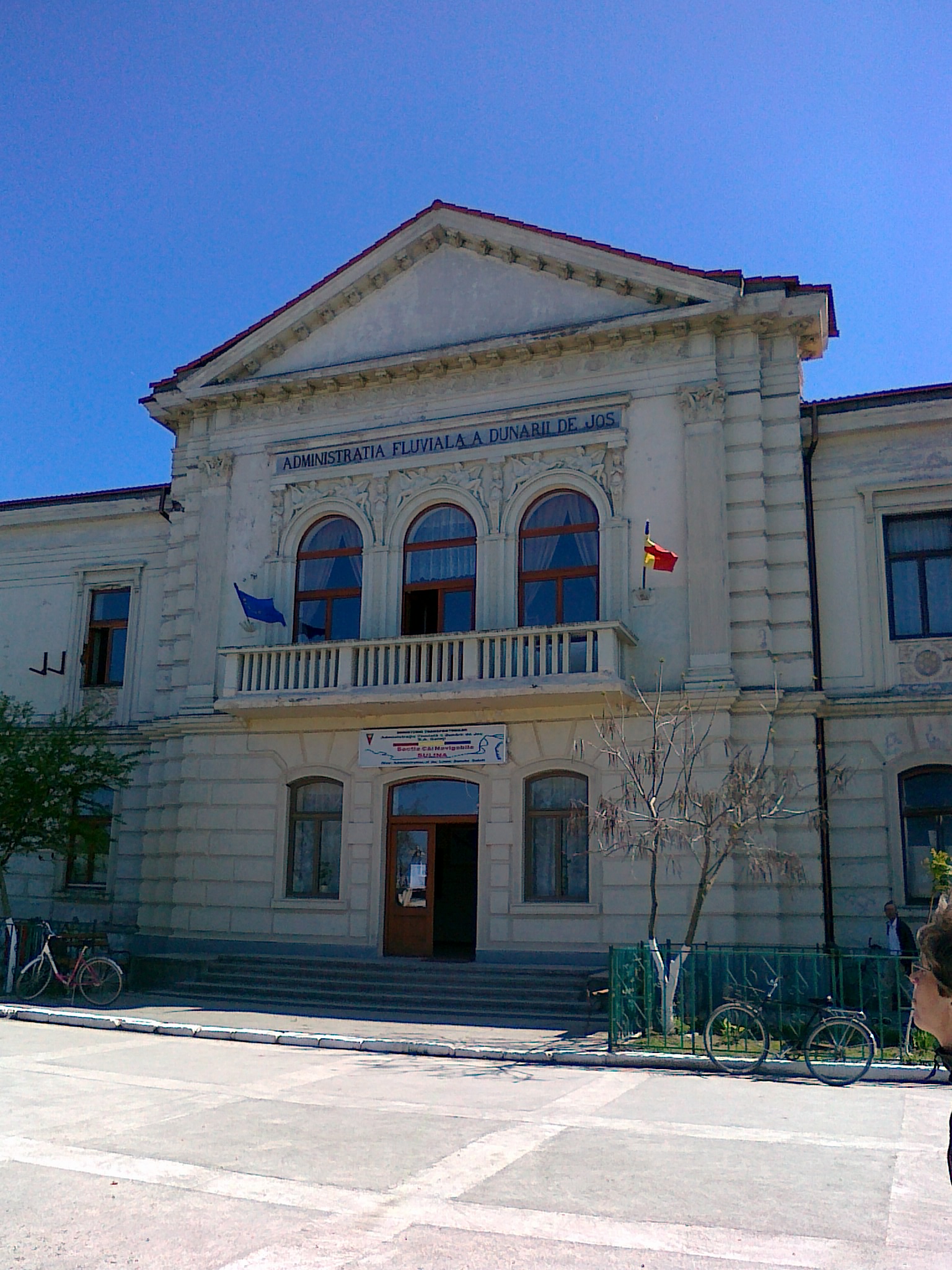|
Izvoarele, Tulcea
Izvoarele (historically ''Alibeichioi'' and then '' Regele Ferdinand''; called '' Filimon Sîrbu'' from 1948 to 1964, ''Izvoarele'' since 1965; tr, Alibeköy) is a commune in Tulcea County, Northern Dobruja, Romania Romania ( ; ro, România ) is a country located at the crossroads of Central Europe, Central, Eastern Europe, Eastern, and Southeast Europe, Southeastern Europe. It borders Bulgaria to the south, Ukraine to the north, Hungary to the west, S .... It is composed of three villages: Alba, Iulia and Izvoarele. At the 2011 census, of the residents for whom data were available, 54.4% were Romanians and 45.3% Greeks. References Communes in Tulcea County Localities in Northern Dobruja {{Tulcea-geo-stub ... [...More Info...] [...Related Items...] OR: [Wikipedia] [Google] [Baidu] |
Ferdinand I Of Romania
Ferdinand (Ferdinand Viktor Albert Meinrad; 24 August 1865 – 20 July 1927), nicknamed ''Întregitorul'' ("the Unifier"), was King of Romania from 1914 until his death in 1927. Ferdinand was the second son of Leopold, Prince of Hohenzollern and Infanta Antónia of Portugal, daughter of Ferdinand II of Portugal and Maria II of Portugal. His family was part of the Catholic branch of the Prussian royal family Hohenzollern. In 1889, Ferdinand became Crown Prince of the Kingdom of Romania, following the renunciation of his father (in 1880) and older brother, Wilhelm (in 1886), to the rights of succession to the royal crown of Romania. From the moment he settled in Romania, he continued his military career, gaining a series of honorary commands and being promoted to the rank of corps general. He married in 1893 Princess Maria Alexandra Victoria, later known as Queen Marie of Romania, granddaughter of Queen Victoria and Emperor Alexander II and daughter of Alfred, Duke of Saxe-Coburg ... [...More Info...] [...Related Items...] OR: [Wikipedia] [Google] [Baidu] |
Tulcea County
Tulcea County () is a county ( județ) of Romania, in the historical region Dobruja, with the capital city at Tulcea. It includes in its northeast corner the large and thinly-populated estuary of the Danube. Demographics In 2011, Tulcea County had a population of 201,462. The population density was 23.7/km², the lowest among the counties of Romania, due to the inclusion within the area of the lowly-populated Danube estuarial wetlands. * Romanians - 89.13% * Lipovans - 5.41% * Turks - 0.93% * Romani - 1.87% * Greeks - 0.65% In the Danube Delta there is an important community of Russians and Lipovans. In the south of the county there are communities of Turks. The region once was a centre of Islam in Romania. Geography The county has a total area of . The most significant feature of Tulcea County is the Danube Delta, which occupies about 1/3 of the entire surface and is located in the North-East side of the county. The Delta has three main branches: the Sulina bran ... [...More Info...] [...Related Items...] OR: [Wikipedia] [Google] [Baidu] |
Northern Dobruja
Northern Dobruja ( ro, Dobrogea de Nord or simply ; bg, Северна Добруджа, ''Severna Dobrudzha'') is the part of Dobruja within the borders of Romania. It lies between the lower Danube river and the Black Sea, bordered in the south by Southern Dobruja, which is part of Bulgaria. History Around 600 BC, the Greeks colonized the Black Sea shore and founded numerous fortresses: Tomis (today's Constanta), Callatis, Histria, Argamum, Heracleea, Aegysus. Greeks have commerce with dacians who lived there on main land. Dobruja became a Roman province after conquest of Dacian Tribes. One of the best preserved remnants of this period is the Capidava citadel. Between the 7th and 14th century, Dobruja was part of the First Bulgarian Empire and the Second Bulgarian Empire. For a long period in the 14-15th century, Dobruja became part of Wallachia. The territory fell under Ottoman rule from the mid-15th century until 1878, when it was awarded to Romania for its role in the 18 ... [...More Info...] [...Related Items...] OR: [Wikipedia] [Google] [Baidu] |
Romania
Romania ( ; ro, România ) is a country located at the crossroads of Central Europe, Central, Eastern Europe, Eastern, and Southeast Europe, Southeastern Europe. It borders Bulgaria to the south, Ukraine to the north, Hungary to the west, Serbia to the southwest, Moldova to the east, and the Black Sea to the southeast. It has a predominantly Temperate climate, temperate-continental climate, and an area of , with a population of around 19 million. Romania is the List of European countries by area, twelfth-largest country in Europe and the List of European Union member states by population, sixth-most populous member state of the European Union. Its capital and largest city is Bucharest, followed by Iași, Cluj-Napoca, Timișoara, Constanța, Craiova, Brașov, and Galați. The Danube, Europe's second-longest river, rises in Germany's Black Forest and flows in a southeasterly direction for , before emptying into Romania's Danube Delta. The Carpathian Mountains, which cross Roma ... [...More Info...] [...Related Items...] OR: [Wikipedia] [Google] [Baidu] |
Communes In Tulcea County
An intentional community is a voluntary residential community which is designed to have a high degree of social cohesion and teamwork from the start. The members of an intentional community typically hold a common social, political, religious, or spiritual vision, and typically share responsibilities and property. This way of life is sometimes characterized as an "alternative lifestyle". Intentional communities can be seen as social experiments or communal experiments. The multitude of intentional communities includes collective households, cohousing communities, coliving, ecovillages, monasteries, survivalist retreats, kibbutzim, hutterites, ashrams, and housing cooperatives. History Ashrams are likely the earliest intentional communities founded around 1500 BCE, while Buddhist monasteries appeared around 500 BCE. Pythagoras founded an intellectual vegetarian commune in about 525 BCE in southern Italy. Hundreds of modern intentional communities were formed across Europe ... [...More Info...] [...Related Items...] OR: [Wikipedia] [Google] [Baidu] |



